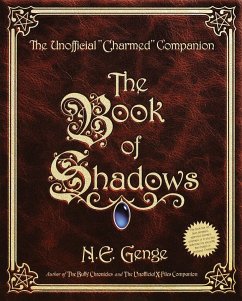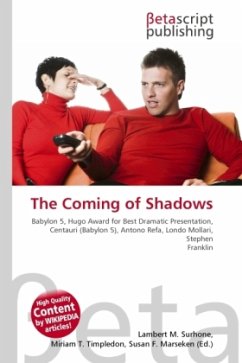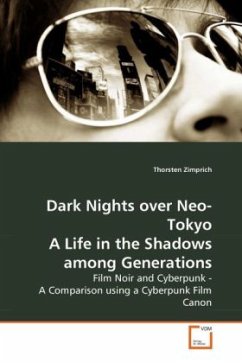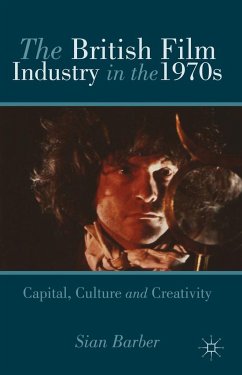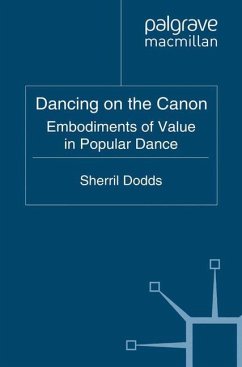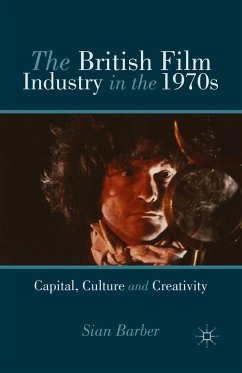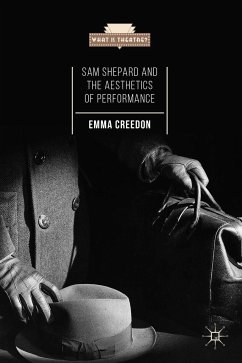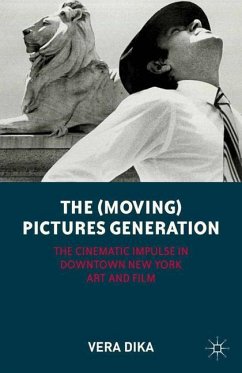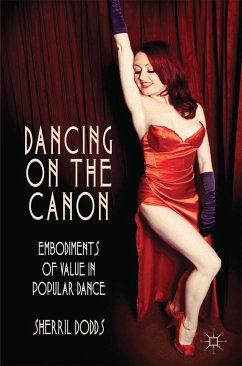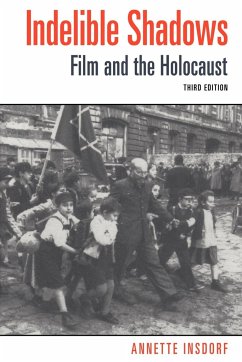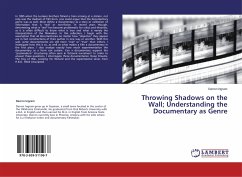
Throwing Shadows on the Wall; Understanding the Documentary as Genre
Versandkostenfrei!
Versandfertig in 6-10 Tagen
27,99 €
inkl. MwSt.

PAYBACK Punkte
14 °P sammeln!
In 1895 when the Lumiere brothers filmed a train arriving at a station, not only was the medium of film born, one could argue that the documentary genre was as well. Most define a documentary as a story or collection of information that is "real" or non-fictive. In recent years though, determining what is "real" has become problematic for critics and theorists, as it is often difficult to know what is true and what is merely the interpretation of the filmmaker. In this collection, I begin with the assumption that all documentaries no matter how "objective" they appear are in fact constructions...
In 1895 when the Lumiere brothers filmed a train arriving at a station, not only was the medium of film born, one could argue that the documentary genre was as well. Most define a documentary as a story or collection of information that is "real" or non-fictive. In recent years though, determining what is "real" has become problematic for critics and theorists, as it is often difficult to know what is true and what is merely the interpretation of the filmmaker. In this collection, I begin with the assumption that all documentaries no matter how "objective" they appear are in fact constructions of their author in one way or another. With this said, some documentaries are still more "real" or "true" than others. I investigate how this is so, as well as what makes a film a documentary in the first place. I also analyze exactly how much experimentation the documentary as a form can sustain. Can a documentary support the "postmodern" structuring often seen in fictional narratives? In order to answer these questions, I interrogate three documentaries: Hoop Dreams, The Fog of War, Looking for Richard and the experimental series from H.B.O. titled Unscripted.



